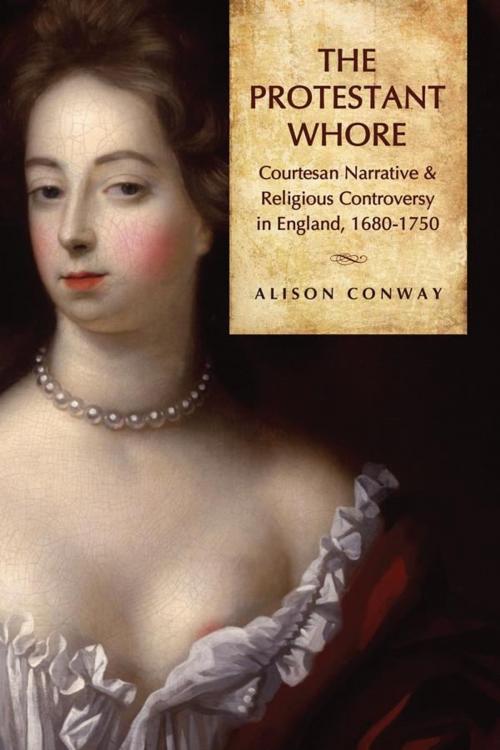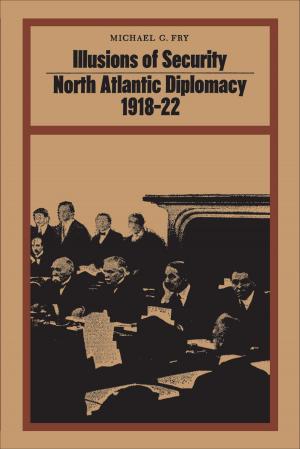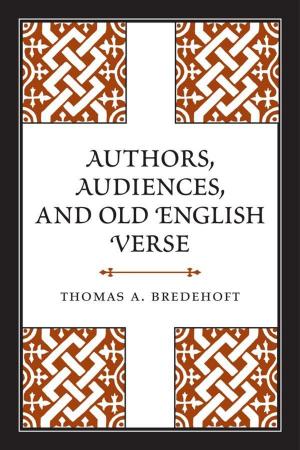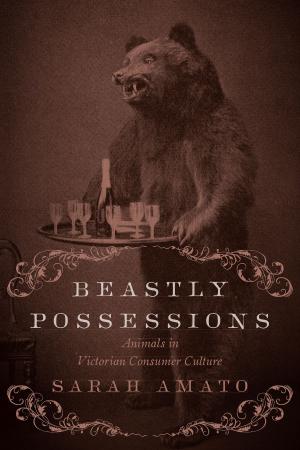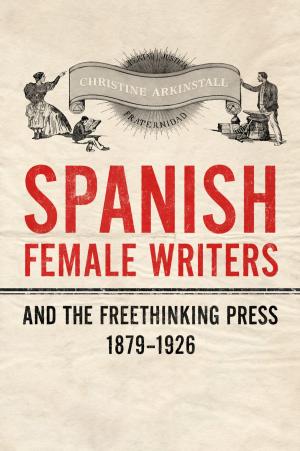The Protestant Whore
Courtesan Narrative and Religious Controversy in England, 1680-1750
Nonfiction, History, Renaissance, Fiction & Literature, Literary Theory & Criticism, British| Author: | Alison Conway | ISBN: | 9781442698611 |
| Publisher: | University of Toronto Press, Scholarly Publishing Division | Publication: | March 20, 2010 |
| Imprint: | Language: | English |
| Author: | Alison Conway |
| ISBN: | 9781442698611 |
| Publisher: | University of Toronto Press, Scholarly Publishing Division |
| Publication: | March 20, 2010 |
| Imprint: | |
| Language: | English |
After the restoration of the English monarchy in 1660, Protestants worried that King Charles II might favour religious freedom for Roman Catholics, and many suspected that the king was unduly influenced by his Catholic mistresses. Nell Gwyn, actress and royal mistress, stood apart by virtue of her Protestant loyalty. In 1681, Gwyn, her carriage surrounded by an angry anti-Catholic mob, famously declared 'I am the protestant whore.' Her self-branding invites an investigation into the alignment between sex and politics during this period, and in this study, Alison Conway relates courtesan narrative to cultural and religious anxieties.
In new readings of canonical works by Aphra Behn, Daniel Defoe, Henry Fielding, and Samuel Richardson, Conway argues that authors engaged the same questions about identity, nation, authority, literature, and politics as those pursued by Restoration polemicists. Her study reveals the recurring connection between sexual impropriety and religious heterodoxy in Restoration thought, and Nell Gwyn, writ large as the nation's Protestant Whore, is shown to be a significant figure of sexual, political, and religious controversy.
After the restoration of the English monarchy in 1660, Protestants worried that King Charles II might favour religious freedom for Roman Catholics, and many suspected that the king was unduly influenced by his Catholic mistresses. Nell Gwyn, actress and royal mistress, stood apart by virtue of her Protestant loyalty. In 1681, Gwyn, her carriage surrounded by an angry anti-Catholic mob, famously declared 'I am the protestant whore.' Her self-branding invites an investigation into the alignment between sex and politics during this period, and in this study, Alison Conway relates courtesan narrative to cultural and religious anxieties.
In new readings of canonical works by Aphra Behn, Daniel Defoe, Henry Fielding, and Samuel Richardson, Conway argues that authors engaged the same questions about identity, nation, authority, literature, and politics as those pursued by Restoration polemicists. Her study reveals the recurring connection between sexual impropriety and religious heterodoxy in Restoration thought, and Nell Gwyn, writ large as the nation's Protestant Whore, is shown to be a significant figure of sexual, political, and religious controversy.
